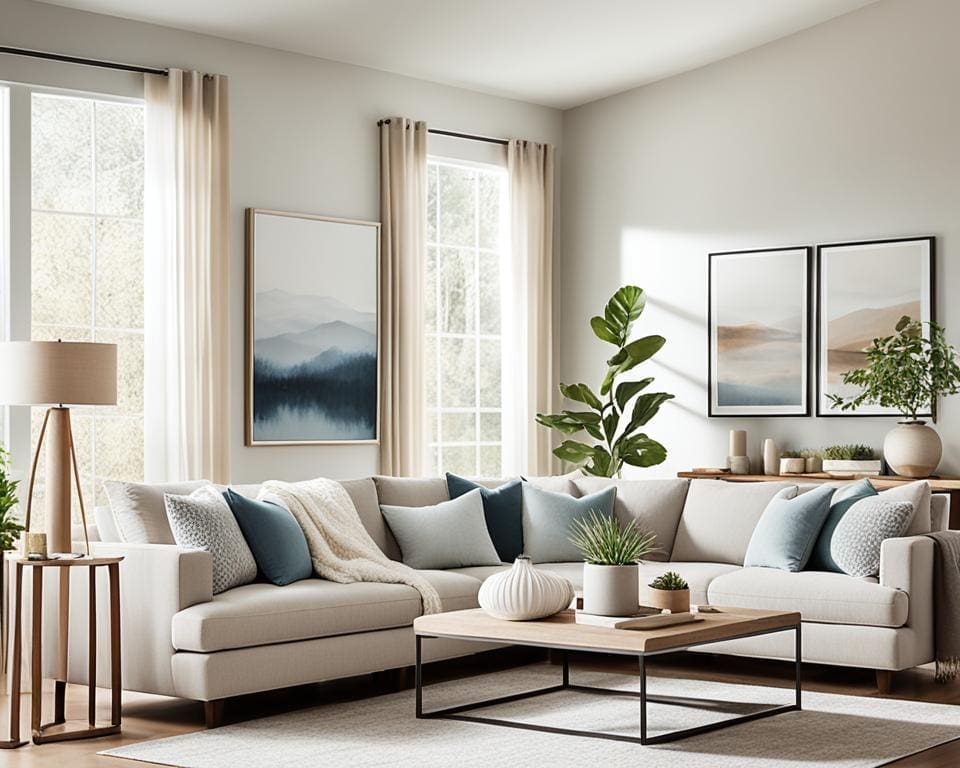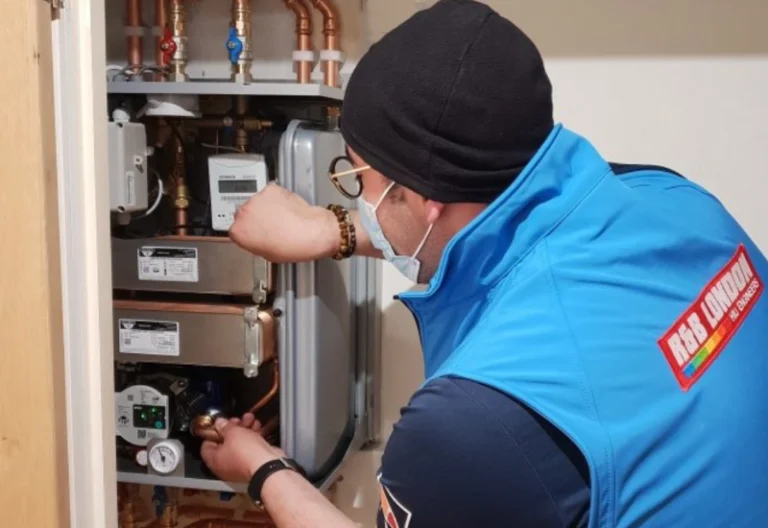The air inside our homes often contains pollutants that harm our health. Indoor air can be more polluted than outdoor air. This is due to dust, pet dander, cigarette smoke, and VOCs.
Getting an air purifier improves your home’s atmosphere. It’s vital for people with allergies or breathing problems. These devices remove allergens and harmful particles. They make sure we breathe clean air.
Dust mites and pet dander harm many people. Cooking fumes and household products also pollute our air. But air purifiers with HEPA filters can trap these irritants.
Clean air is a must, making air purifiers important for our health. They ensure we breathe cleaner air, enhancing our living space. Air purifiers are a valuable addition to any home.
Understanding Indoor Air Quality and Its Impact on Health
Indoor air quality is key to our health and happiness. Many don’t realise how indoor air pollutants can impact them. Knowing about these pollutants is essential for managing allergies. This leads to better breathing and a healthier living space.
Common Indoor Air Pollutants
Certain things in our indoor air can drastically lower its quality. Knowing these common pollutants can help us improve our health.
- Dust and Allergens: Dust mites and pollen are common and can cause allergy and asthma problems. If you’re sensitive, you might cough or get itchy eyes.
- Pet Dander: Tiny skin flakes from pets, known as pet dander, can set off allergies. This might cause wheezing or coughing in some people.
- Smoke: Smoke from cigarettes or cooking can irritate the lungs. It’s worse for those with health issues already. Small particles cause this irritation.
- Volatile Organic Compounds (VOCs): Things like paints and cleaners let off VOCs, affecting our health over time. They can irritate our eyes, nose, and throat, especially from new furniture.
- Mold Spores: Found in damp spots, mold spores are bad for our lungs. They can cause everything from a mild annoyance to severe allergic reactions.

Air Purifiers for a Healthier Home Environment
Air purifiers are key for good indoor air. They catch harmful particles, making our homes healthier. Learning how they work helps us breathe cleaner air and boosts our health.
How Air Purifiers Work
Air purifiers use advanced systems to catch different bad particles in the air. They have several filter types, making them very good at cleaning the air. These include:
- Pre-Filters: They catch big particles like dust and pet hair, helping the main filter last longer.
- HEPA Filters: True HEPA filters are great at catching very small particles. They grab things like pollen and smoke, removing over 99.97% of tiny irritants.
- Activated Carbon Filters: These are mainly for getting rid of bad smells. They soak up odours from cooking and pets and cut down harmful gases.
Some air purifiers have extra features to make them even better. These extras help a lot:
- UV Light: Kills germs, making the air cleaner.
- Ionisers: They freshen the air by attaching to and neutralising bad particles.
- Photocatalytic Oxidation Systems: They target harmful chemicals, cleaning the air more.
Air purifiers are important for cleaner air. They can get rid of 67% of indoor pollution, helping us a lot. They cut allergy and asthma problems by 85% for many people. Also, 92% of people with breathing issues say their air feels better, showing how useful these devices are.
Choosing the Right Air Purifier for Your Needs
When picking an air purifier, think about what you really need. Different air filters catch different stuff. HEPA filters are great for getting tiny particles. They grab things as small as 0.3 microns, nearly 100% of the time. This is super for allergy sufferers. If you’re bothered by bad smells or harmful chemicals, go for activated carbon filters. They’re like a big sponge for odours and pollutants.
How big your room is matters a lot. The purifier’s Clean Air Delivery Rate (CADR) should match your room’s size. If not, it won’t clean well in big spaces. Also, look for extra features that make life easier. Like, a quiet purifier is good for sleeping areas. And ones with smart controls can be run from anywhere. This keeps your air fresh without fuss.
Don’t forget about upkeep. How often you need to change the filter matters. Both HEPA and activated carbon filters have their own lifespans and costs. Think about electricity use and when you’ll need new filters. Knowing this helps make your air purifier work better. By considering these points, you’ll make your indoor air healthier. It’s a smart move for you and your family’s well-being.








